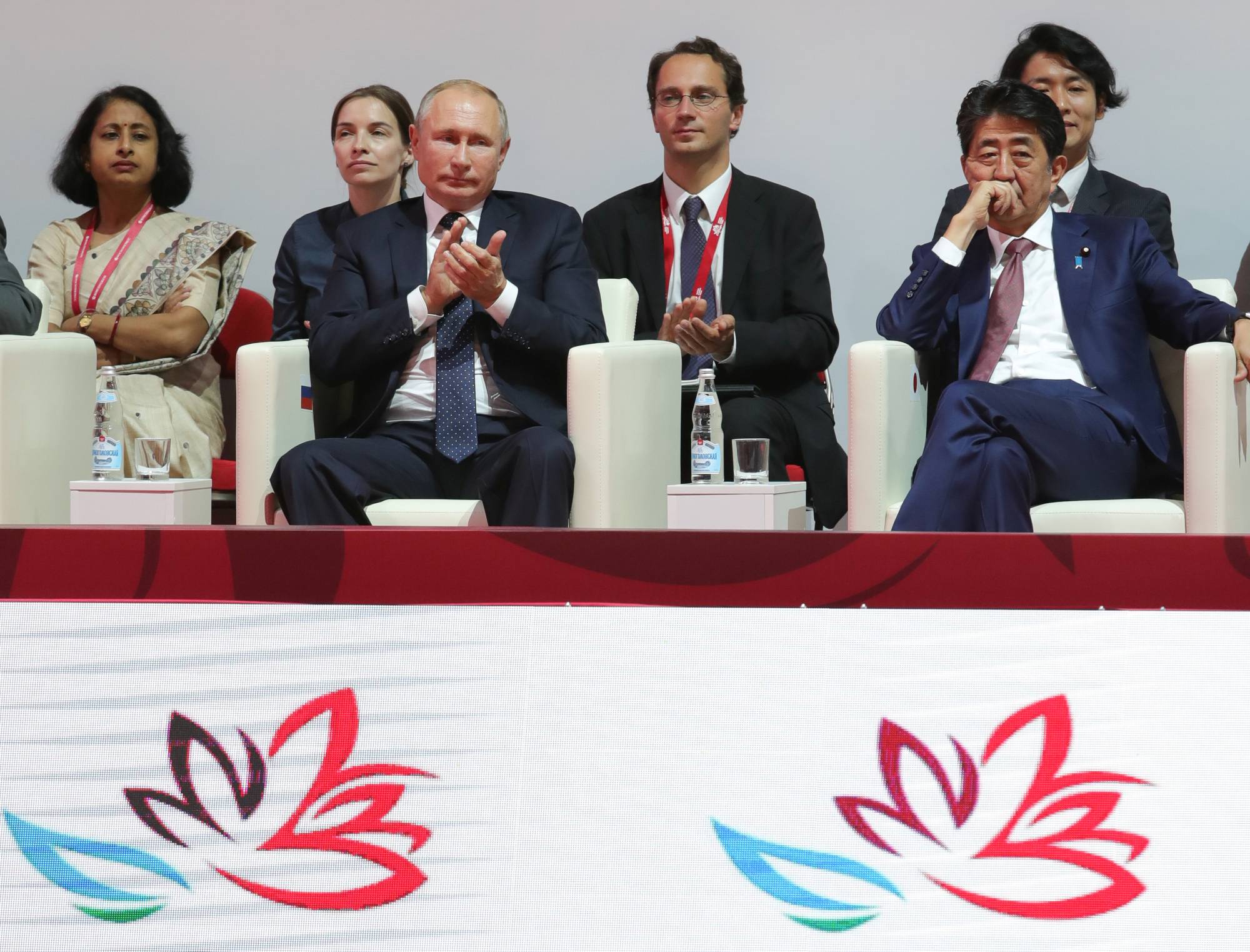When Russia illegally annexed the Crimean Peninsula in early 2014, Western nations imposed economic sanctions; then-U.S. Secretary of State John Kerry described Russia’s behavior as being better suited to the 19th century.
However, the outcry from the West was symbolic at best — hollow at worst — since for the most part, their bilateral relationships with Russia grew more robust rather than weaker. This was exemplified by Germany’s decision to construct Nord Stream 2, a pipeline that would reinforce German energy dependence on an aggressor state.
Germany was not alone. Many other Western countries at the time — the same actors that are rushing to support Ukraine in the ongoing war — turned a blind eye to Ukraine’s predicament nine years ago. Japan was no outlier. In fact, during the immediate aftermath of the annexation of Crimea, Japan’s relationship with Russia, weighing the rhetoric coming out of the administrative level, seemed to reach its apex.



















With your current subscription plan you can comment on stories. However, before writing your first comment, please create a display name in the Profile section of your subscriber account page.